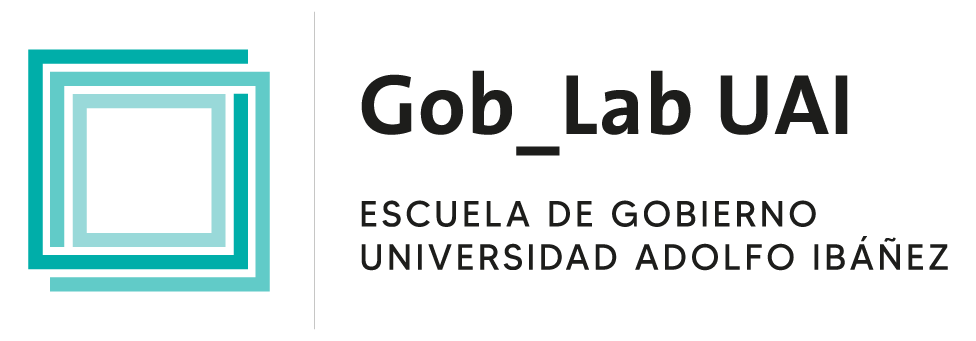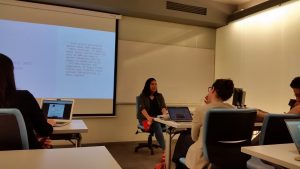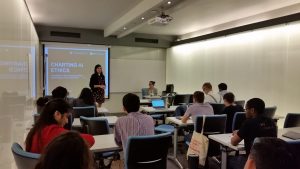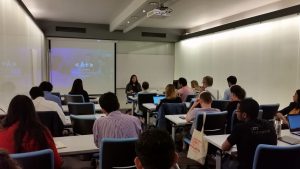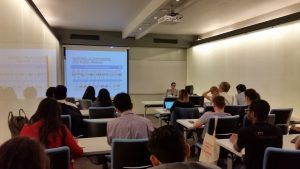Inteligencia artificial, Ética y Desigualdad
Mona Sloane, Fellow Institute for Public Knowledge & Post graduate Fellow, The GovLab, New York University. AI technologies increasingly play a central role in the organization of social life. Over the past two years, we have seen more and more evidence that these technologies may also perpetuate and exacerbate algorithmic discrimination. Corporations, technologists and policy makers alike have taken to “AI Ethics” to remedy this situation. This presentation will critically examine the notion of “AI Ethics” in both the current discourse around AI and in the global landscape of national AI strategies and suggests more productive ways forward to reconceptualize algorithmic harm and discrimination as an issue of social inequality, rather than ethics.
Auska Ovando , Coordinadora Laboratorio de Democracia Digital, Fundación Ciudadanía Inteligente. Particularly urgent given the scale at which Automated Decision-Making (ADM) systems and machine learning are being deployed, we need Affirmative Action for Algorithms, to correct real life bias and barriers that prevent women from achieving their full participation and rights in the present, and in the future we invent. We can either seize the moment to correct bias in the digital realm, as we tackle bias in the analog world, or condemn ourselves to old bias baked into the future century of Automated Decision-Making (ADM) that is trained by machine learning on biased data sets. This presentation showcases the <A+ Alliance>, an international, multidisciplinary initiative from civil society organizations Ciudadanía Inteligente and Women@TheTable, that promotes a feminist and inclusive future through the correction of gender discrimination caused by Artificial Intelligence.
María Paz Hermosilla, Directora GobLab UAI. How transparent are algorithms used for automated or semi-automated decision making systems in governments in Chile? Is government using data in an ethical and responsible manner? These questions are the core of an ongoing research project on algorithmic transparency project led by GobLab UAI, that began through the corporate communication master thesis of Sara Seselovsky. This presentation will present the unexpected difficulties faced by researchers when trying to obtain information of algorithm use in seven government agencies in Chile.
